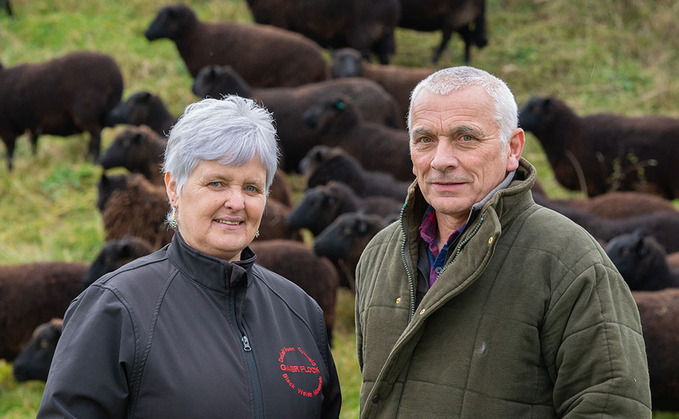
AS the Black Welsh Mountain Sheep Breeders' Association enters its centenary year, Hannah Noble visits the high-profile Gaer flock to find out more about the breed. The success of the Gaer flock is...

AS the Black Welsh Mountain Sheep Breeders' Association enters its centenary year, Hannah Noble visits the high-profile Gaer flock to find out more about the breed. The success of the Gaer flock is...